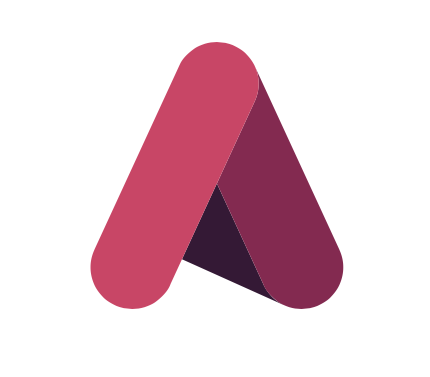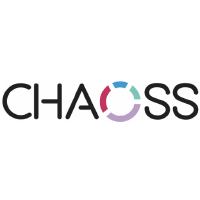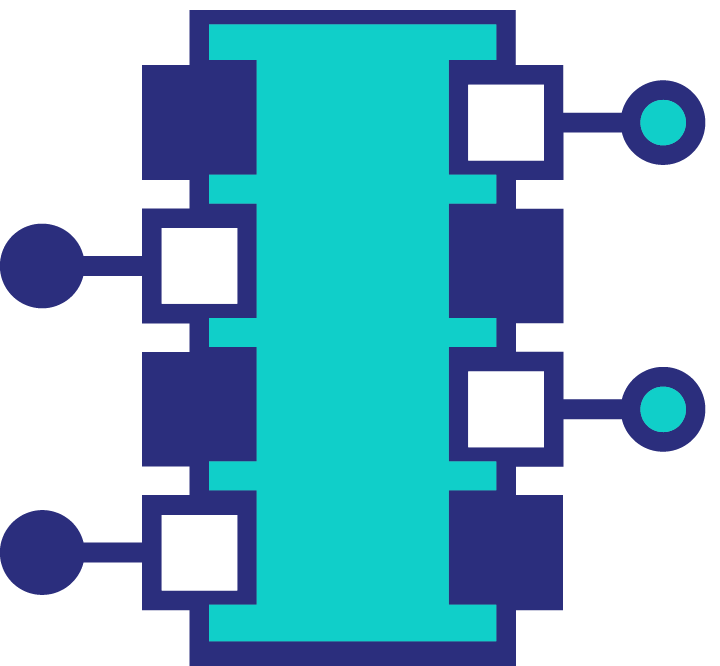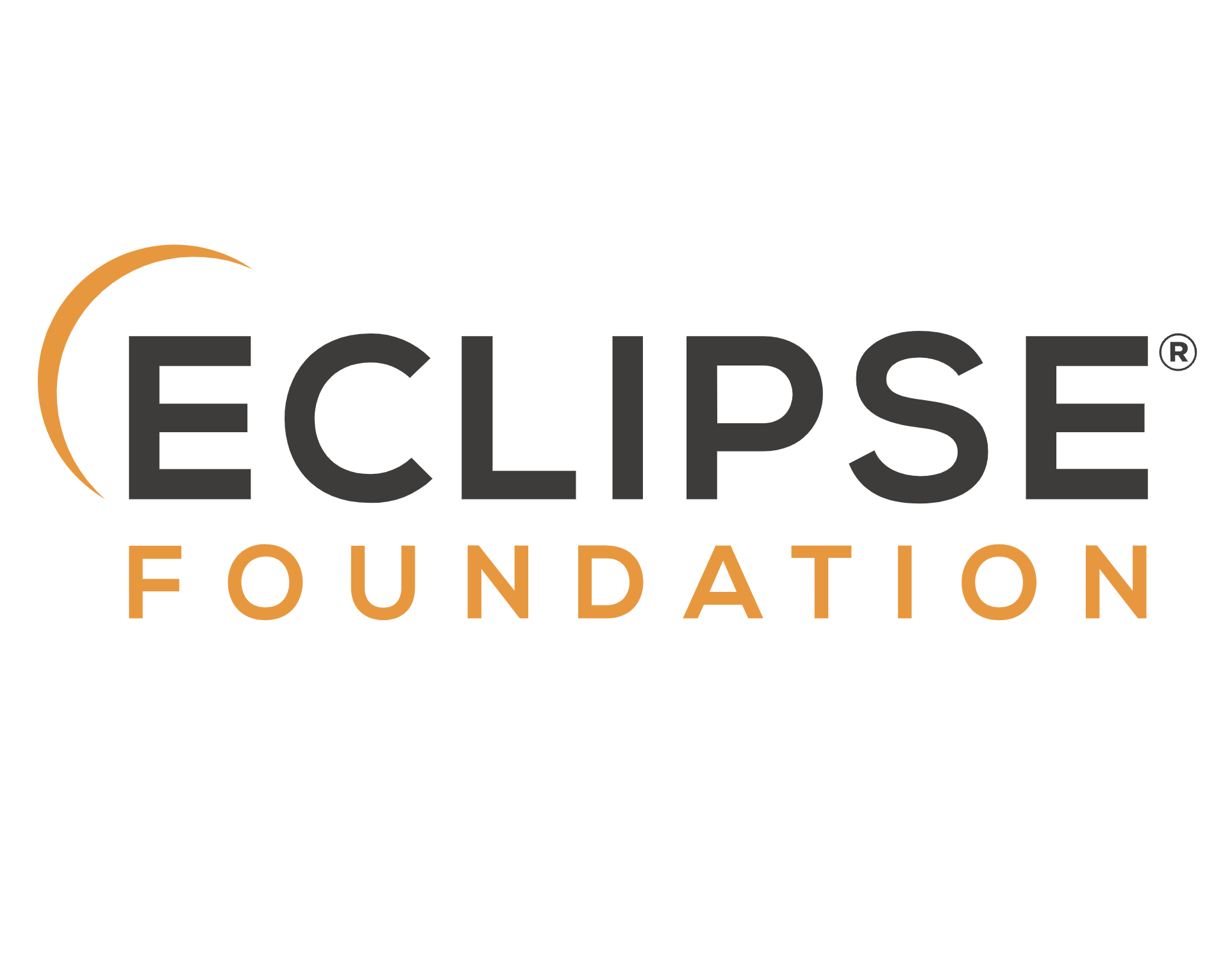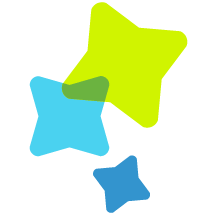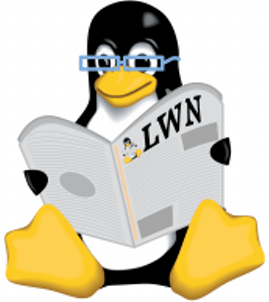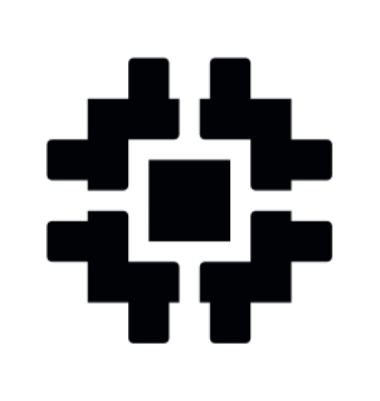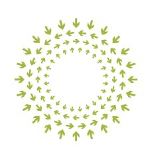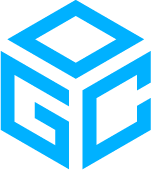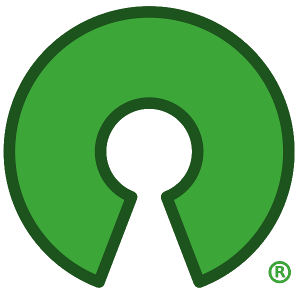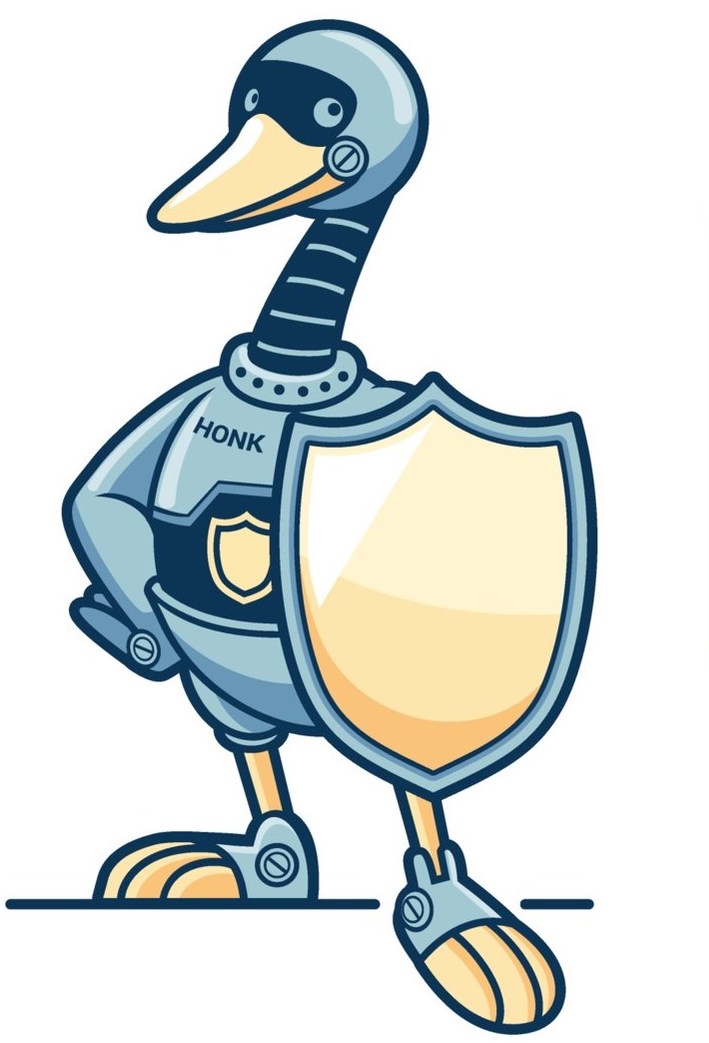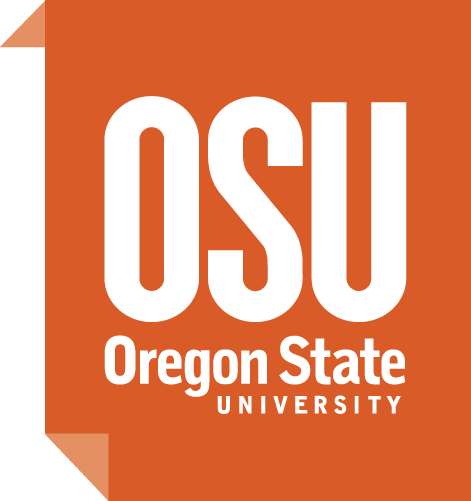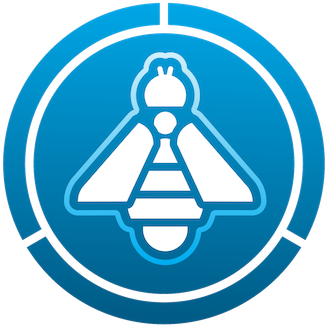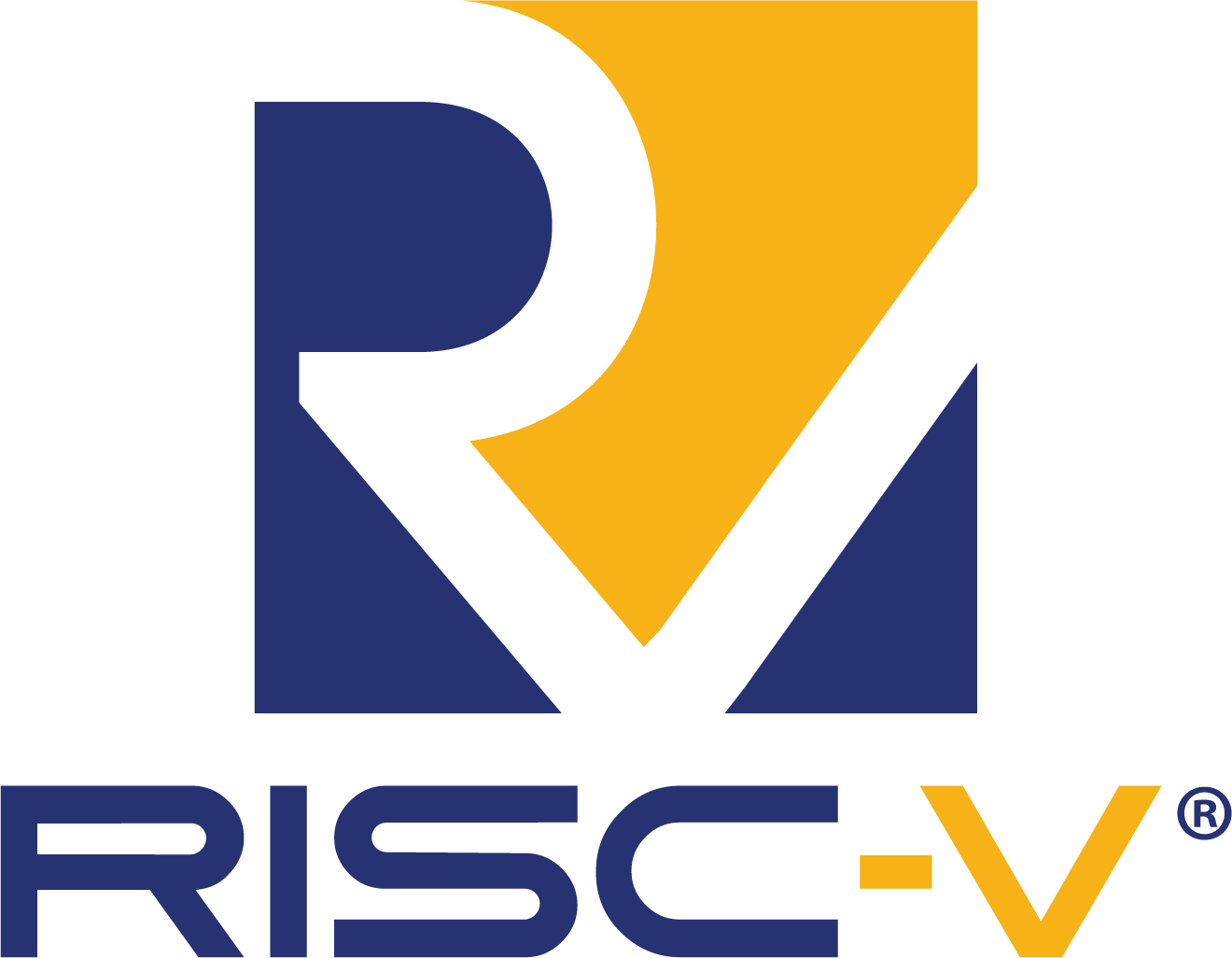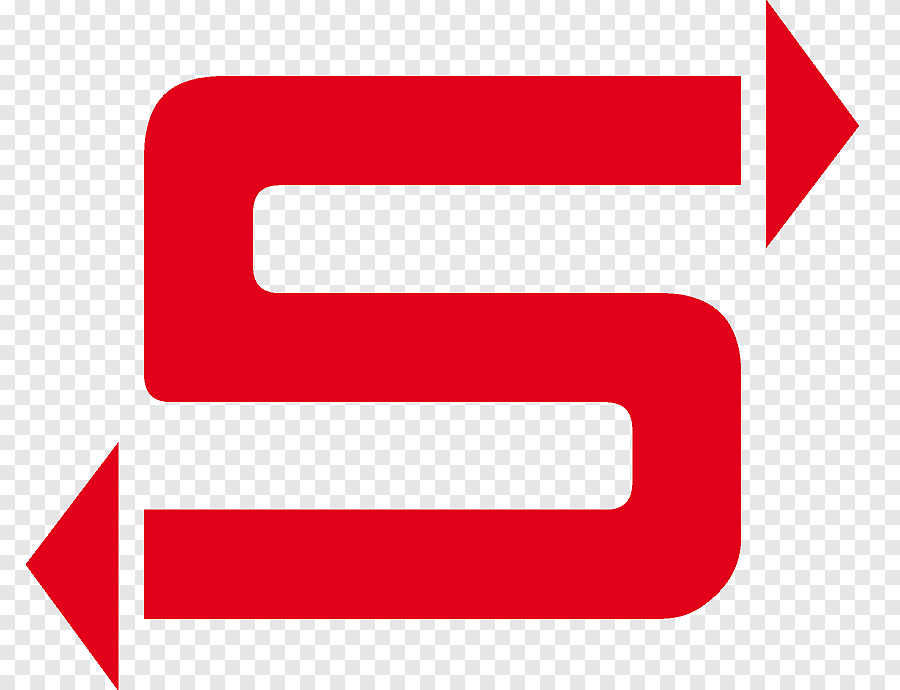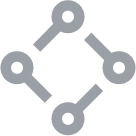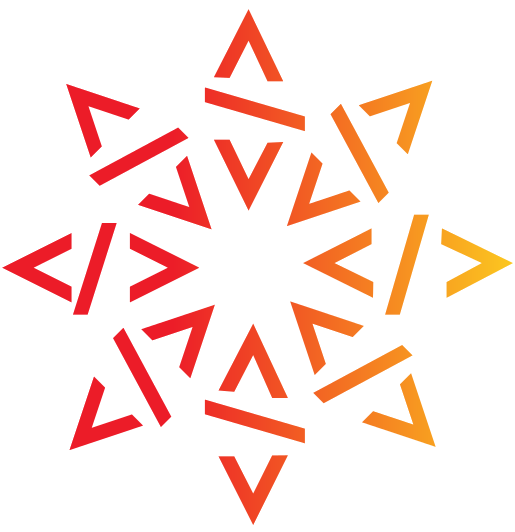
Organizations we've supported or currently support
Google is proud to support partners doing good work in the open source community, through sponsorships, board leadership roles, and direct participation in projects and organizations.
Organizations we've supported or currently support
Adoptium Working Group
The mission of the Adoptium Working Group is to advance, promote and support projects structured around the Adoptium top-level project for the creation and dissemination of runtime and associated technologies, including producing high-quality runtimes for use across the Java ecosystem.
Apache Foundation
The mission of the Apache Software Foundation (ASF) is to provide software for the public good. This includes providing services and support for over 200 software project communities who choose to join the ASF.
Cloud Native Computing Foundation
The Cloud Native Computing Foundation (CNCF) is a nonprofit organization committed to advancing the development of cloud native technology and services by creating a set of common container technologies designed around technical merit and end user value. Google is a founding member and contributed the Kubernetes container management system.
CHAOSS
CHAOSS is a Linux Foundation project focused on creating metrics, metrics models, and software to better understand open source community health on a global scale. CHAOSS is an acronym for Community Health Analytics in Open Source Software. Open source software is critically important for both individuals and organizations. This importance raises questions about how we understand the health of the open source projects we rely on. Unhealthy projects can have negative impacts on the community involved in the project as well as organizations that rely on such projects.
CHIPS Alliance
The CHIPS Alliance brings organizations together to collaborate on open source hardware or software tools to accelerate the creation of efficient and innovative chip designs. The CHIPS Alliance is home to development on open source hardware designs relevant to silicon devices and FPGAs, open source CPUs, and complex IP blocks.
Eclipse Foundation
The Eclipse Foundation provides our global community of developers and over 350 member organizations with a business-friendly environment for open source software collaboration and innovation. The Foundation is home to the Eclipse IDE, Jakarta EE, and over 410+ projects, including runtimes, tools, specifications, and frameworks for cloud and edge applications, IoT, AI, automotive, and more.
FFmpeg
FFmpeg is the leading multimedia framework, able to decode, encode, transcode, mux, demux, stream, filter and play pretty much anything that humans and machines have created. It supports the most obscure ancient formats up to the cutting edge.
FOSDEM
FOSDEM is the largest free and non-commercial annual event for open source developers organized by the community for the community. The conference takes place annually in Brussels with over 6,000 attendees. The conference enables developers to stay informed about the latest developments in the free software world as well as attend talks on various topics by project leaders and participants.
Free Software Foundation Europe
FSF Europe is a nonprofit organization working to create general understanding and support for software freedom in Europe. Google is a proud member and supporter of their internship program.
GDAL (Geospatial Data Abstraction Library)
GDAL is a translator library for raster and vector geospatial data formats that is released under an X/MIT style open source license by the Open Source Geospatial Foundation. As a library, it presents a single raster abstract data model and single vector abstract data model to the calling application for all supported formats. It also comes with a variety of useful command line utilities for data translation and processing.
GNOME Foundation
The GNOME Foundation works to further the goal of the GNOME Project to create a free software computing platform for the general public that is designed to be elegant, efficient, and easy to use. The Gnome project and community have been very active in the Google Summer of Code program since it began in 2005.
Kotlin Foundation
The Kotlin Foundation was created to promote and advance the development of the Kotlin programming language. The Kotlin Foundation appoints the lead language designer for Kotlin and protects the quality associated with the Kotlin name and marks on behalf of all Kotlin contributors.
Linux Foundation
The Linux Foundation is a trade association dedicated to fostering the growth of the Linux operating system and related projects. The Linux Foundation promotes, protects, and standardizes Linux "by providing a comprehensive set of services to compete effectively with closed platforms" and promoting standardization and technical collaboration.
LLVM Foundation
The LLVM Project is an umbrella for a collection of modular and reusable compiler and toolchain technologies. Google uses several languages built on top of LLVM technologies.
LWN.net
LWN.net aims to be the premier news and information source for the free software community. It provides comprehensive coverage of development, legal, commercial, and security issues.
NumFOCUS
NumFOCUS is a nonprofit that provides a stable, independent, and professional home for open source scientific computing projects. NumFOCUS's educational programs and events, such as the global PyData network, aim to increase collaboration and communication within the data science and scientific computing community.
OpenChain Project
The OpenChain Project exists to raise the bar for open source compliance and increase trust in the open source supply chain. The OpenChain Project is the home of an ISO standard for open source license compliance, as well as an open source security assurance reference specification. The OpenChain Project also produces many educational materials in different languages in order to improve awareness and understanding of open source compliance globally.
OpenTitan Project
OpenTitan is the first open source silicon root of trust (RoT) chip project. Established as part of the U.K. open source non-profit LowRISC C.I.C., OpenTitan is building a transparent, high-quality reference design and integration guidelines. Leading academic, not-for-profit, and commercial organizations have committed to security through transparency with this innovative open source hardware project.
Open Compute Project Foundation
The Open Compute Project (OCP) is responsible for fostering, serving and seeding the OCP Community to develop new open solutions that can meet the market and shape the future. In shaping the future, OCP will continue to invest in strategic initiatives that prepare the IT ecosystem for major changes, such as AI & ML, optics, sustainable data center solutions, advanced power management and cooling techniques, composable silicon and sustainability.
Open Geospatial Consortium
The OGC (Open Geospatial Consortium) is an international organization committed to making quality open standards for the global geospatial community. These standards are made through a consensus process and are freely available for anyone to use to improve sharing of the world's geospatial data.
Open Power Foundation
The OpenPOWER Foundation is an open technical membership organization that enables members to customize and optimize POWER CPU processors and system platforms for their specific needs. Google is a founding member of the Foundation, and regularly contributes technical guidance as well as hardware design specifications.
Open Source Initiative
The Open Source Initiative (OSI) protects and promotes open source software through education, collaboration, and infrastructure support. It also stewards the Open Source Definition (OSD).
Open Source Security Foundation (OpenSSF)
The Open Source Security Foundation brings together the most important open source security cross-industry initiaties and the companies and individuals that support them. The OpenSSF is committed to collaboration and working both upstream and with existing open source communities to improve security for everyone. .
Open Usage Commons
The Open Usage Commons gives open source project users peace of mind that projects are free and fair to use. The Open Usage Commons helps projects protect their project identity through programs such as trademark management and usage guidelines.
OpenBSD Foundation
The OpenBSD Foundation is a Canadian not-for-profit corporation which exists to support OpenBSD and related projects such as OpenSSH, OpenBGPD, OpenNTPD, OpenSMTPD, LibreSSL, mandoc and rpki-client.
OpenJS Foundation
The OpenJS Foundation is the premier home for critical open source JavaScript projects, including Appium, Dojo, jQuery, Node.js, and webpack, and 27 more.
OpenUK
OpenUK is a not-for-profit industry organisation and advocacy body which promotes businesses, projects, and people who use and develop open source software, open source hardware, and open data in the UK.
OSU Open Source Lab
The Open Source Lab, in partnership with the School of Electrical Engineering and Computer Science at Oregon State University, provides hosting for hundreds of open source projects.
OWASP
The OWASP® ModSecurity Core Rule Set (CRS) is a set of generic attack detection rules for use with ModSecurity or compatible web application firewalls. The CRS aims to protect web applications from a wide range of attacks, including the OWASP Top Ten, with a minimum of false alerts. The CRS provides protection against many common attack categories.
PyCon
PyCon is the largest annual gathering for the community that uses and develops the open source Python programming language. PyCon is organized by and for the Python community. Through PyCon, the Python Software Foundation advances its mission of growing the international community of Python programmers.
Python Software Foundation
Python is a very popular high-level programming language for general-purpose programming. It is widely used at Google. The Python Software Foundation promotes and advances the Python programming language. It also supports and facilitates the growth of a diverse international community of Python developers.
R Consortium
The R language is an open source environment for statistical computing and graphics, and runs on a wide variety of computing platforms. The R Consortium works with and provides support to key organizations developing, maintaining, distributing and using R. Google uses R in a wide variety of internal projects.
RISC-V International
RISC-V is an open standard Instruction Set Architecture (ISA) enabling a new era of processor innovation through open collaboration. RISC-V enables the community to share technical investment, contribute to the strategic future, create more rapidly, enjoy unprecedented design freedom, and substantially reduce the cost of innovation.
Rust Foundation
The Rust Foundation is an independent nonprofit organization founded to steward the Rust programming language and ecosystem, with a unique focus on supporting the set of maintainers that govern and develop the project.
Samba
Samba is a FOSS suite that provides seamless file and print services to SMB/CIFS clients. Samba is freely available, unlike other SMB/CIFS implementations, and allows for interoperability between Linux/Unix servers and Windows-based clients. Samba is a software package that gives network administrators flexibility and freedom in setup, configuration, choice of systems, and equipment.
Schema.org
Schema.org is a collaborative, community activity with a mission to create, maintain, and promote schemas for structured data on the Internet, on web pages, in email messages, and beyond. A shared vocabulary makes it easier for webmasters and developers to decide on a schema and for users to get the maximum benefit.
Software Freedom Conservancy
The Conservancy provides a nonprofit home and infrastructure for more than 40 free and open source software projects. Their work as the fiscal agent for many of the Google Summer of Code mentoring organizations is a huge help to Google. Google is also proud to sponsor Conservancy's ongoing copyleft compliance work.
Software Heritage
The mission of Software Heritage is to collect and preserve software in source code form, because software embodies our technical and scientific knowledge and humanity cannot afford the risk of losing it. Software is a precious part of our cultural heritage. Software Heritage curates and makes accessible all the software we collect, because only by sharing it we can guarantee its preservation in the very long term.
Note: not all Google-supported projects and organizations are represented in this list.

